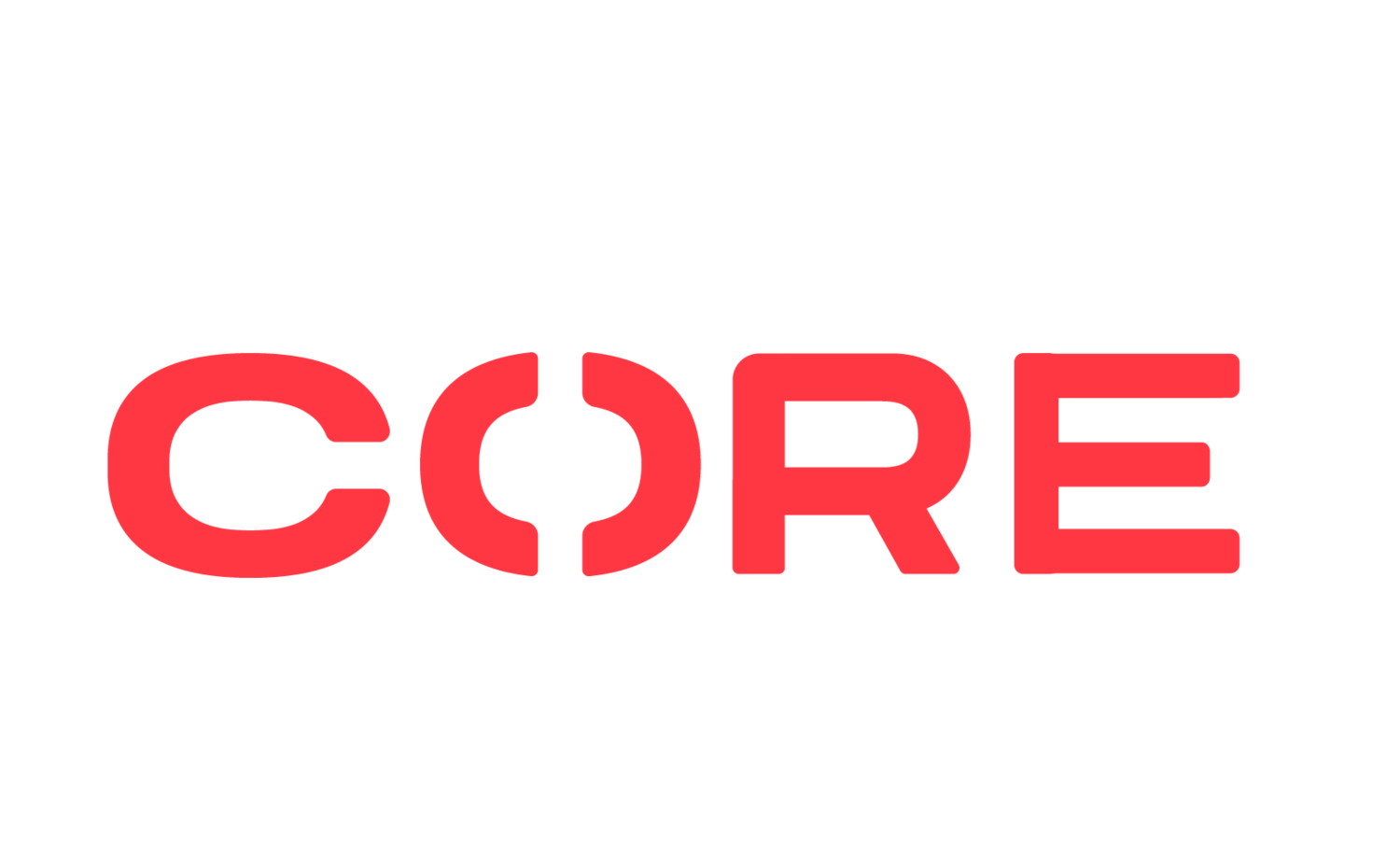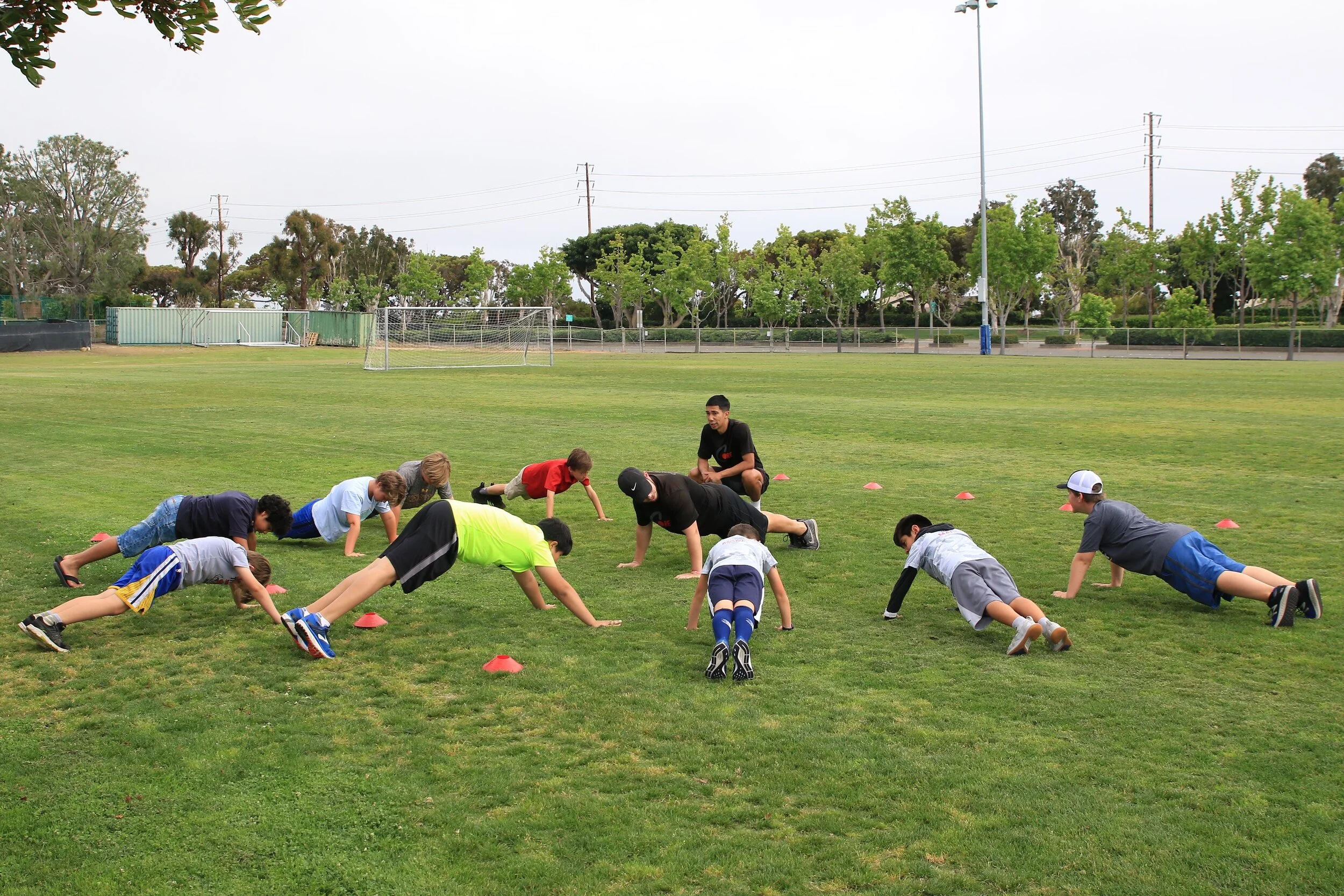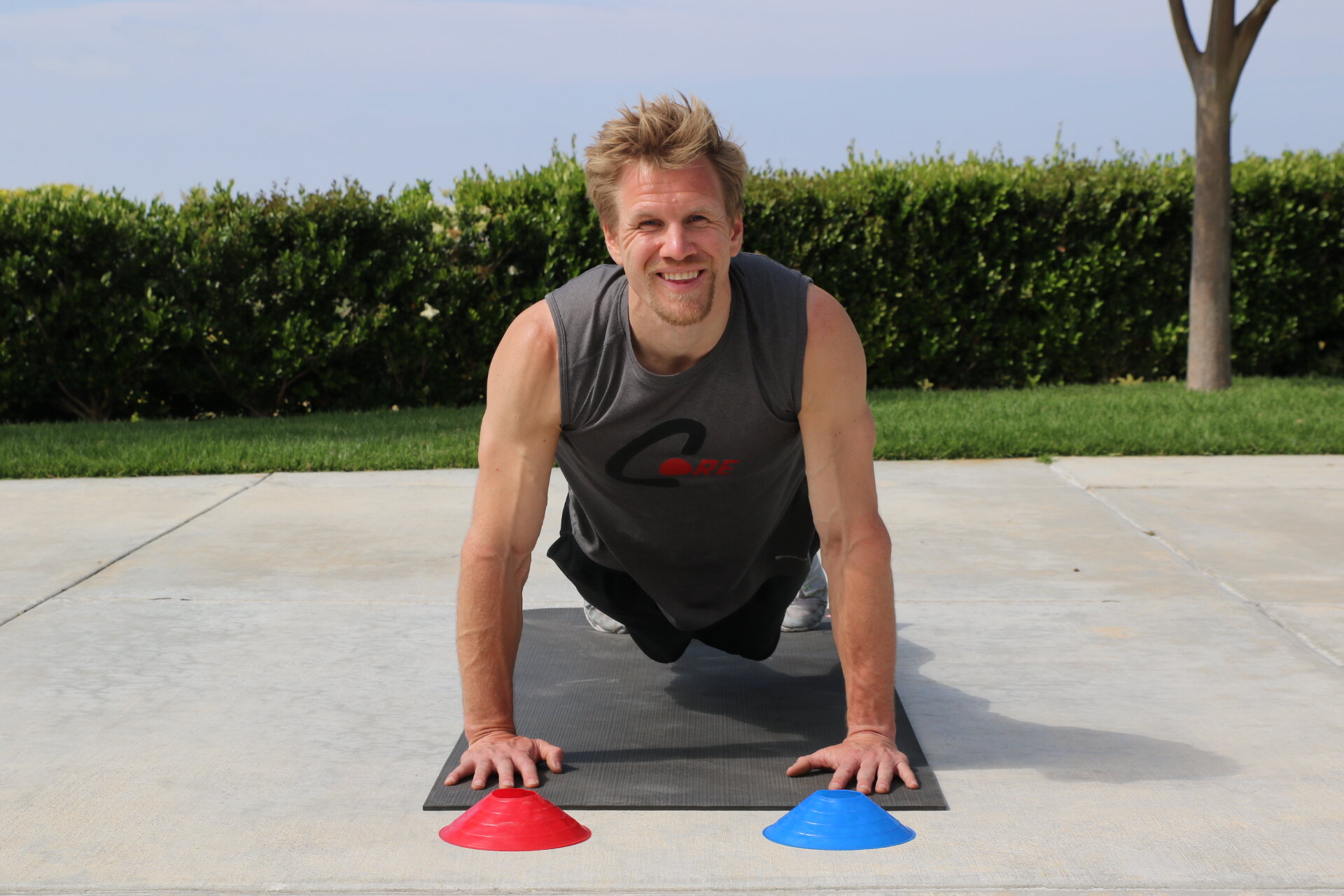Train for Life: How CORE Performance Training Builds Functional Strength & Emotional Resilience
At CORE, we believe that every young athlete deserves to feel strong in their body and confident in their mind. That’s why our CORE Performance Training classes go beyond the basics—helping kids build functional strength that supports sports performance, injury prevention, and everyday movement.
This isn’t just training for the next game. It’s training for life.
What Is Functional Strength—and Why Does It Matter?
Functional strength training targets the muscle groups you use most—in sports, in play, and in everyday life. Instead of isolating muscles with machines or relying on heavy equipment, we focus on movement-based training that builds balance, mobility, coordination, and core stability.
In CORE Performance Training, athletes engage in dynamic drills like squats, lunges, planks, pushups, and bodyweight rows—movements that mimic real-life actions like running, jumping, lifting, twisting, and reaching.
Whether you're chasing down a loose ball or carrying your sports bag up the stairs, functional strength helps you move efficiently and safely. And because our training emphasizes proper form and controlled movement, it’s also one of the best ways to prevent injuries and build long-term athletic durability.
Support Sports Training—On and Off the Field
Being a great athlete means putting in the work—on the field and off. Functional strength training is the off-field work that supports peak performance, recovery, and healthy development.
For kids and parents alike, it’s essential to take time each week to target large muscle groups with thoughtful, balanced training. Functional workouts help young athletes stay strong throughout the season, reduce the risk of overuse injuries, and build a body that’s ready for whatever the game—or life—throws at them.
And good news—functional fitness doesn’t require a gym! Many exercises can be done at home, on the field, or right in your living room. Minimal equipment. Maximum benefit.
Functional Training Builds SEL Skills, Too
At CORE, we train more than muscles—we train mindsets. Each class is intentionally designed to support social emotional learning (SEL) alongside physical development. Through movement, we build:
Self-awareness (“How do I feel today?” “What’s my body telling me?”)
Self-regulation (Learning how to calm the breath and focus under pressure)
Resilience (Trying again, even when it’s hard)
Teamwork (Partner drills and group games that teach encouragement and collaboration)
Confidence (Celebrating small wins that build big belief)
These are skills that carry over to the classroom, the playing field, and beyond. Our goal? To help kids grow into strong, capable humans—inside and out.
Train Smart. Play Hard. Stay Healthy.
Functional strength training is a powerful tool for improving performance, preventing injury, and enhancing overall well-being. When done consistently, it helps athletes build a foundation they can rely on—season after season, year after year.
Whether you're a parent looking to support your child’s development or a young athlete looking to level up, our CORE Performance Training classes are a smart, supportive place to start.
Want to keep the momentum going at home?
Check out our YouTube Channel for Functional Strength Drills and Fun Sports Games you can do anytime, anywhere.
Train with CORE. Train for life.
Because strong kids grow into strong leaders.
Functional strength training is a great tool for improving our athletic performance, performing daily activities, and preventing injury. After all, being a great athlete requires that we train hard both on the field and off the field and stay injury-free. Support your sports training with functional strength training: take time to target your large muscle groups every week so that you and your little athlete can be strong and healthy all year long!
Find more Functional Strength Drills and Fun Sports Games on our YouTube Channel.
By Jenna Cassidy, Head of Marketing and Health & Wellness Coach


